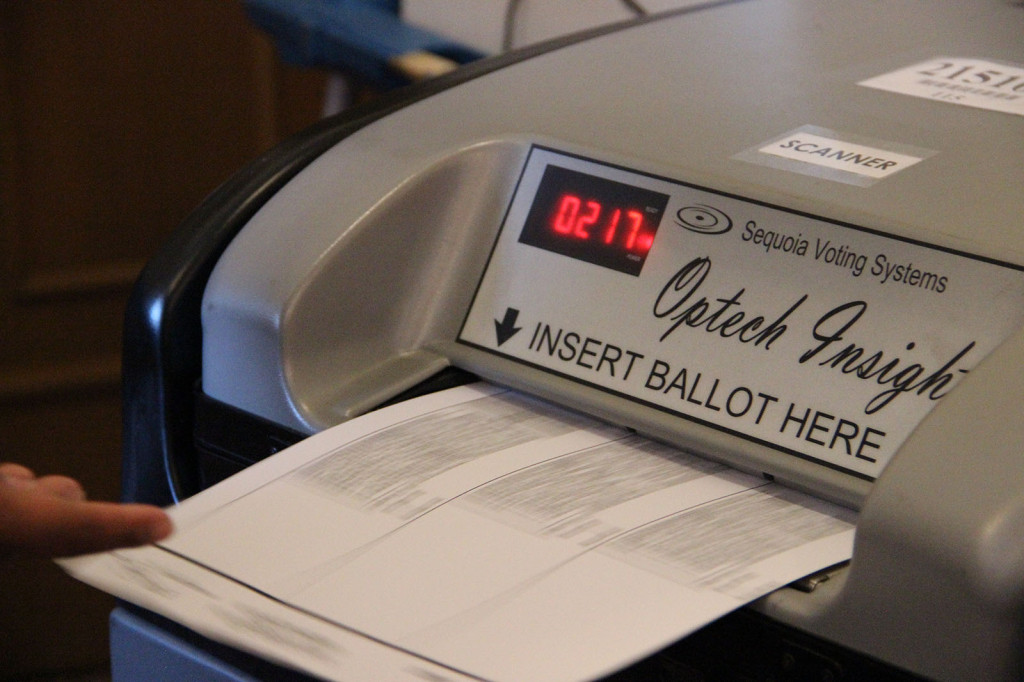Oakland North / July 12, 2022
Oakland voters will be asked on the Nov. 8 ballot if they want the city to give each of them $100 in campaign vouchers that could be donated to the candidates of their choice.
The program would cost the city $4 million every two years. The City Council passed it Monday, with six votes in favor; Noel Gallo and Rebecca Kaplan were not present for the vote.
“If we want to increase democracy, if we want more people who are organizers in their communities to run for office, people who wouldn’t typically have the platform, or the capacity or the ability to run and win, this helps that happen,” Councilmember Carroll Fife said at the meeting.
Broken into four $25 vouchers, the “democracy dollars” are designed to level the playing field by putting more campaign funds in the hands of Oakland voters. Historically, Oakland’s election funding has been disproportionately supported by large donors. And in the last four elections, candidates who raised the most money won more than three-quarters of the contested races, according to MapLight, a nonprofit that tracks campaign finance and other election data.
Two-thirds of Oakland’s 2020 campaign contributions came from households with incomes greater than $75,000, though that group comprised only 40% of the population, according to the MapLight analysis.
If Oakland voters pass it, the legislation will go into effect for the 2024 elections. Voters will then be given either paper or electronic vouchers that they can assign to certified city and school board candidates. The vouchers would expire 30 days after the election.
Councilmember Loren Taylor expressed concern about the cost, which would come from the city’s general purpose fund and also include $1.1 million in startup and staffing expenses. Taylor suggested a parcel tax, which is partly how Seattle — the first city to pass this type of legislation in 2015 — supports its program. But the council, including Taylor, passed the measure without the tax.
“I think we all know that voters do not have an appetite for any new parcel taxes,” said Council President Nikki Fortunato Bas. She, along with Fife and Councilmember Dan Kalb, introduced the legislation to empower Oakland voters who traditionally have been left out of the democratic process.
Advocates hope the program will bring a more diverse pool of donors and increase the number of candidates. Research suggests the Seattle program has achieved that goal.
“We find a 53% increase in total contributions and a 350% increase in number of unique donors,” researchers Alan Griffith and Thomas Noonen said in a 2022 study of the program. Griffith and Noonen also found that the number of candidates increased by 86%.
Oakland voters can learn more from the Fair Elections Oakland’s FAQ page on the legislation.


